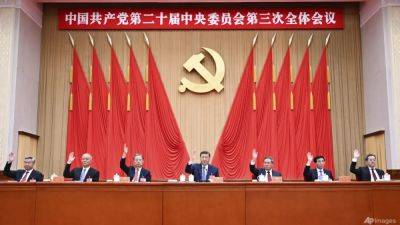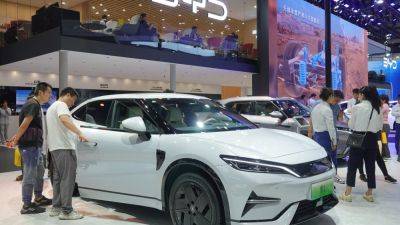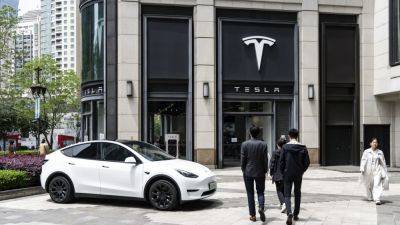China’s subsidies create, not destroy, value
Cash rules everything around me
C.R.E.A.M., get the money
Dollar dollar bill, y’all
– Wu-Tang Clan
A common narrative bandied about by the Western business press is that China’s subsidized industries destroy value because they are not profitable – from residential property to high-speed rail to electric vehicles to solar panels (the subject of the most recent The Economist meltdown).
If The Economist actually knows better and is just doing its usual anti-China sneer, then it is par for the course and we give it a pass. But if this opinion is actually held – and all indications are that it is – then we are dealing with something far more pernicious. 248 years after the publication of Adam Smith’s “The Wealth of Nations” and the West has lost the economic plot.
To celebrate Tesla’s US$788 billion market cap in comparison to BYD’s $93 billion is to confuse incentives with outcomes. Both companies receive generous tax breaks and other government goodies. That Tesla is far more profitable than BYD while EVs have far less market penetration in the US is evidence of policy failure, not Elon Musk’s brilliance. Tesla pocketed the incentives while BYD (and competitors) delivered outcomes.
Similarly, America’s First Solar recently became the most valuable photovoltaic company as cutthroat competition in China destroyed margins. First Solar’s superior valuation in a tariff-protected market should not be grounds for celebration.
Despite hand-wringing by The Economist, the fact that China’s photovoltaic companies are slaughtering each other by flooding the world with cheap solar panels is prima facie evidence of stunning policy success and value creation.
To be unable to comprehend this crucial point is to never have properly






